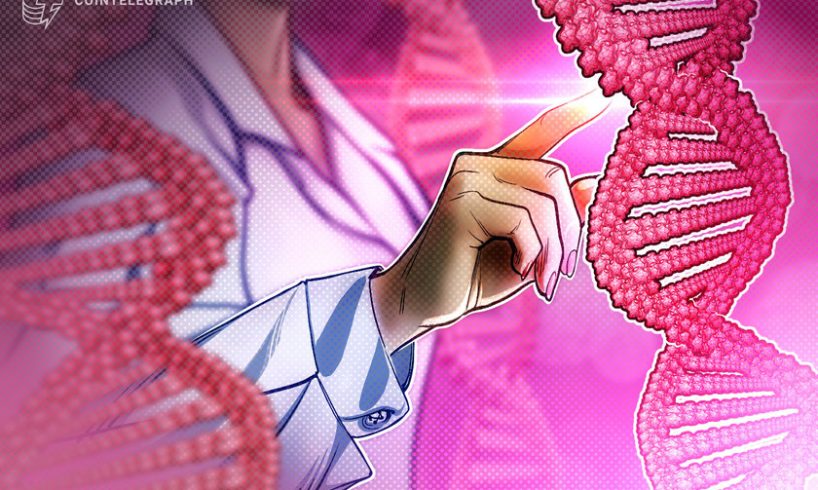
It’s predicted that nonfungible tokens (NFTs) will have a vast impact on society. Given this, it shouldn’t come as a surprise that the trillion-dollar healthcare sector has begun to explore NFTs tokens to advance medicine.
It’s also important to point out that blockchain technology can play an increasingly important role within the healthcare sector. This was recently highlighted in a report from the European Union Blockchain Observatory, which specifically documents how blockchain applications can solve challenges facing the healthcare industry.
For example, the paper notes that patient engagement and transparency of how data is stored, along with the effective distribution of knowledge and data remains problematic for the healthcare sector. Yet, as the blockchain space continues to advance, tokenization in the form of nonfungible tokens may serve as a solution to many of the challenges facing today’s healthcare industry.
GeneNFTs aim to revolutionize precision medicine
For those unfamiliar with the term, precision medicine refers to “an emerging approach for disease treatment and prevention that takes into account individual variability in genes, environment, and lifestyle for each person,” according to the Precision Medicine Initiative.
Specifically speaking, Cao believes that tokenizing genetic profiles can help patients maintain data ownership and transparency into their insights while receiving many benefits that are not typically associated with traditional genomic testing. He explained:
For example, Genetica, a genomic company catering to the Asia Pacific region, recently partnered with Oasis Labs, a Web3 data management firm, to tokenize genomic profiles. Tuan Cao, Genetica’s CEO and co-founder, told Cointelegraph that the goal behind this partnership is to advance precision medicine by giving patients data ownership and rights through GeneNFTs.
“This may be one of the most important NFT applications in the world. Our genetic profile is unique and it should be represented by an NFT. GeneNFTs…..






